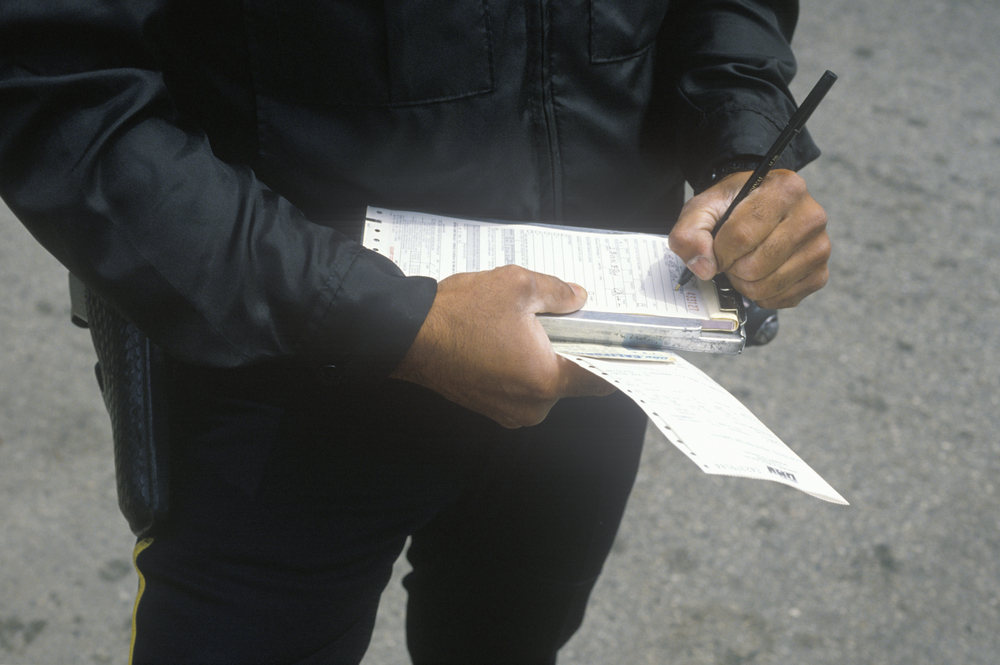When bikes get into accidents, police reports are usually filed to document the accident and ultimately show the at-fault party. However, there are times where the police report is filed against the cyclist, even though the cyclist may disagree with the outcome. If this happens to you, the cyclist, what should you do? You have to be careful with how you handle the situation because what you do in the immediate aftermath of the accident may have a big impact on the results of the report. In this blog, we’ll go over what to do if the police report is filed against you, the cyclist.
What to Do if the Police Report is Against You, the Cyclist
If you get in an accident while riding your bike, whether you’re at fault or not, a police report can be filed and could find you were responsible for the fault. However, the police report is not always right, and it doesn't end your case. A lawyer can assess the factual situation and see what laws were violated by the involved parties and verify if the report is accurate or not. An important factor is whether there were any witnesses who saw the accident and were quoted in the police report. The police officer did not see the accident, so an attorney needs to apply the CA vehicle code to the facts of the accident to see who was at fault. You don't have a lot of control over what the police officer will write in the report, which is why it’s smart to have a camera on the front of your bike, if possible. Below we’ll go over several tips to help ensure you get the best outcome possible.Correcting Factual Errors
If you believe the law enforcement officer got some of the objective information wrong—the location of the accident, information about your bike, or details about the accident, for example— you can try to get the report changed or amended as long as you provide the proper documentation or proof that supports your correction. This oftentimes tends to be a difficult task, as contacting the reporting officer is usually difficult. One of the best ways to protect your rights as a cyclist is by simply having a camera installed on the front of your bike. If there are no witnesses, the best evidence you can have is the footage your camera captured of the event.Listen to What the Other Party Says About the Accident
Whether you played a part in causing the accident or not, it’s wise not to say too much. When talking with the reporting office, keep the information simple and stay to the facts of exactly what happened. Do not apologize or make a statement that can be misinterpreted as you taking fault or responsibility for the accident. Reporting officers will often separate the parties so you may not get to hear the driver’s version of the accident, but that’s okay. Do your best to stay calm and tell the truth. Try not to guess your speed unless you know how fast you were going at a given time.Don’t Ignore Traffic Citations
If you received a traffic citation by a police officer while riding your bike, you might think that your only choice is to pay the ticket. However, you have other choices as well. If you pay the ticket without contesting, the record will indicate that you were guilty of the offense. However, you also have the right to contest the ticket or work out a plea without adjudication. If you contest the ticket and win, your fine will disappear, and you will not have to pay anything. If you reach an agreement to withhold adjudication, you will have to pay court fees, but your record may not show a violation. If you decide to do this, keep in mind that the deadline is generally 30 days, so you’ll have to get things moving as soon as possible.